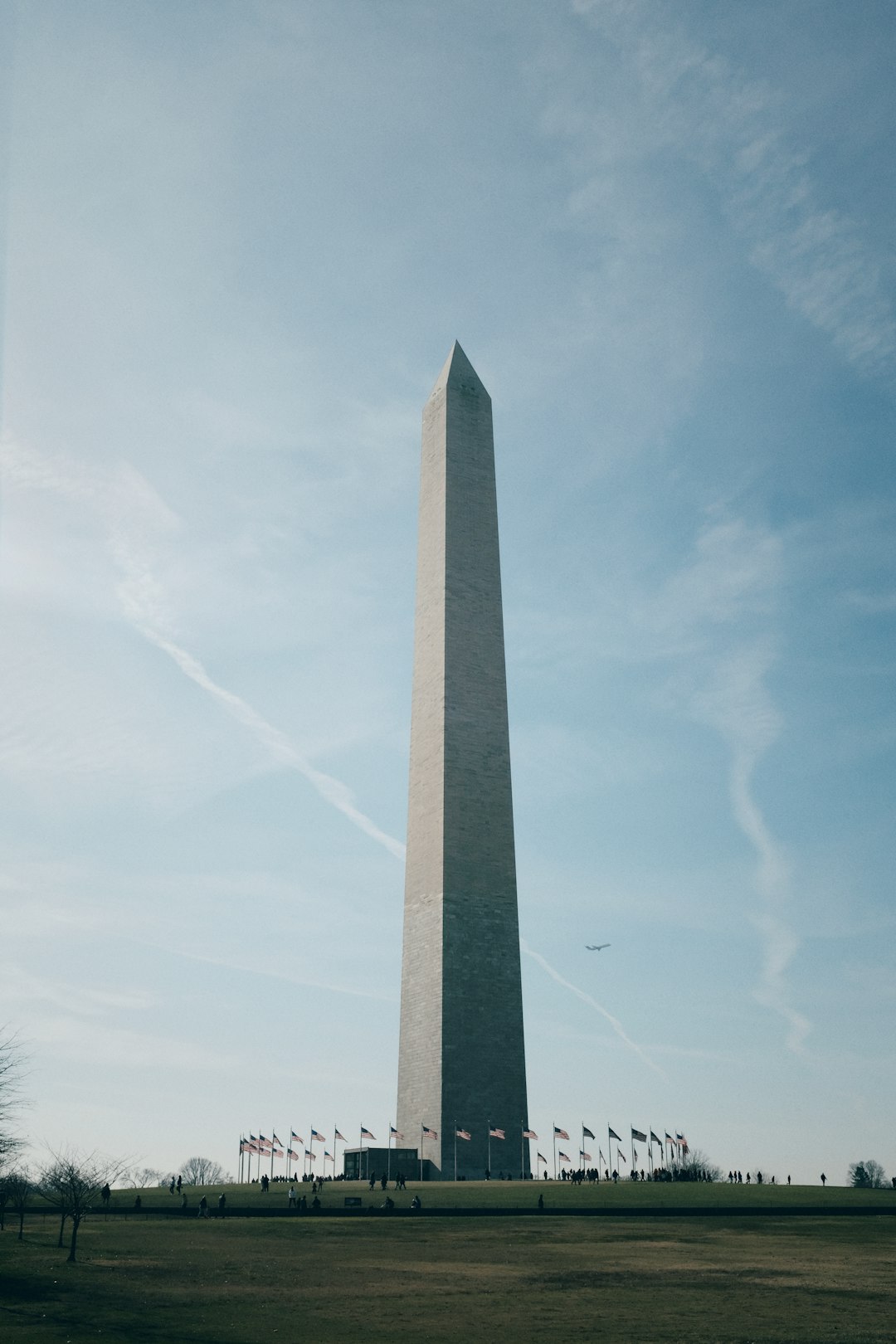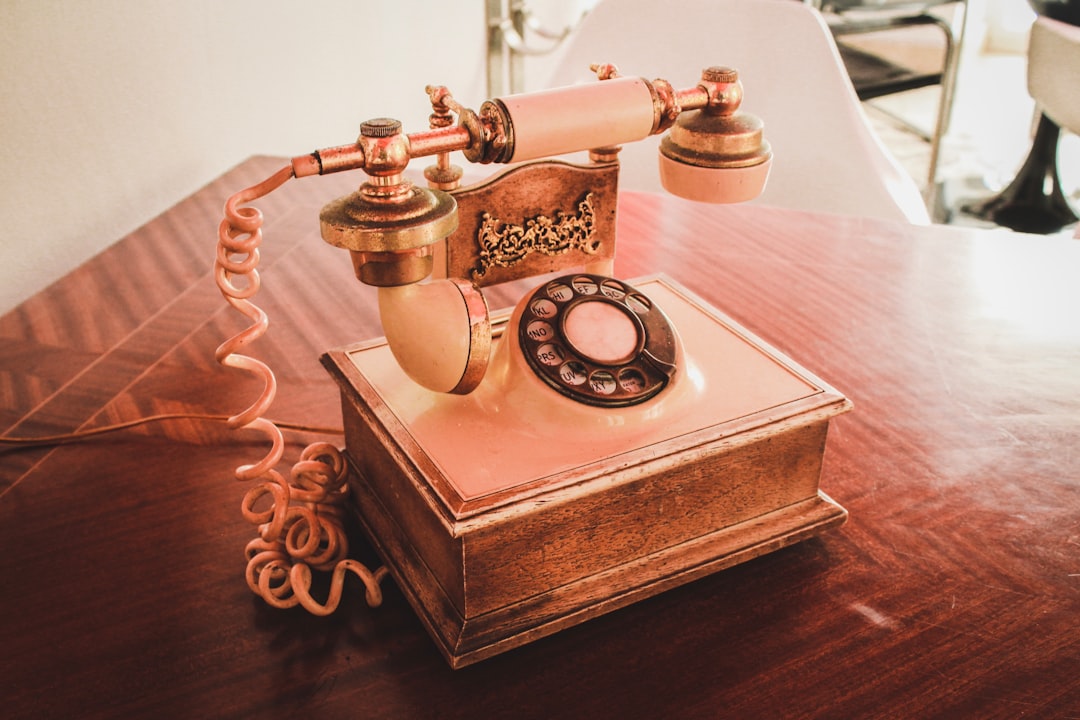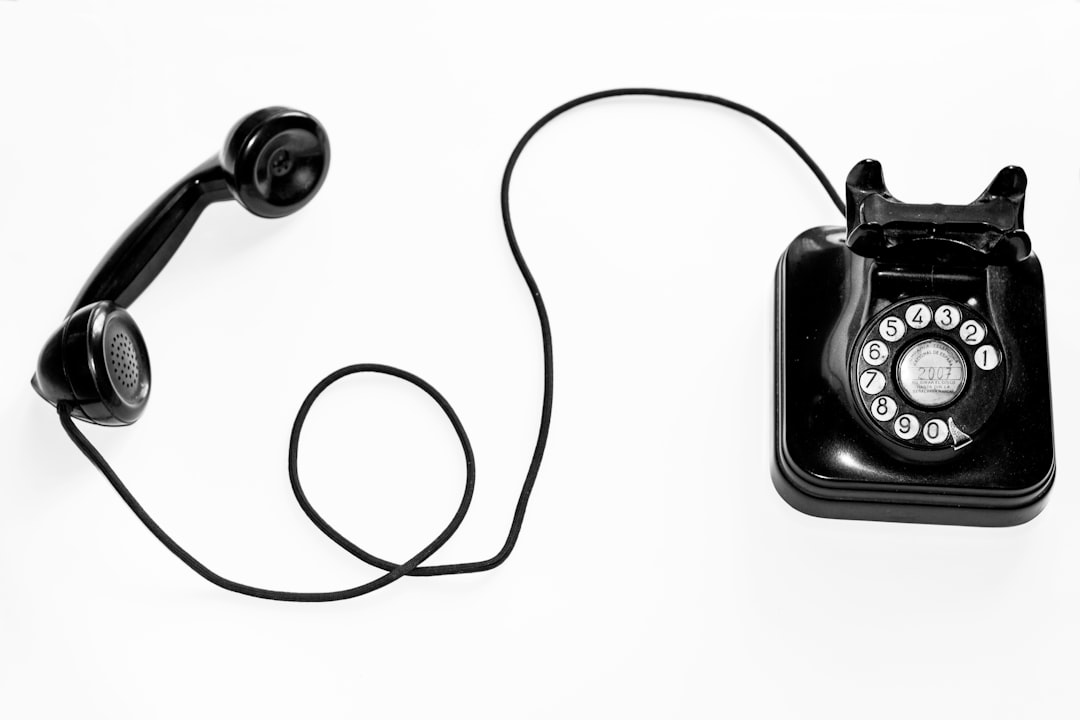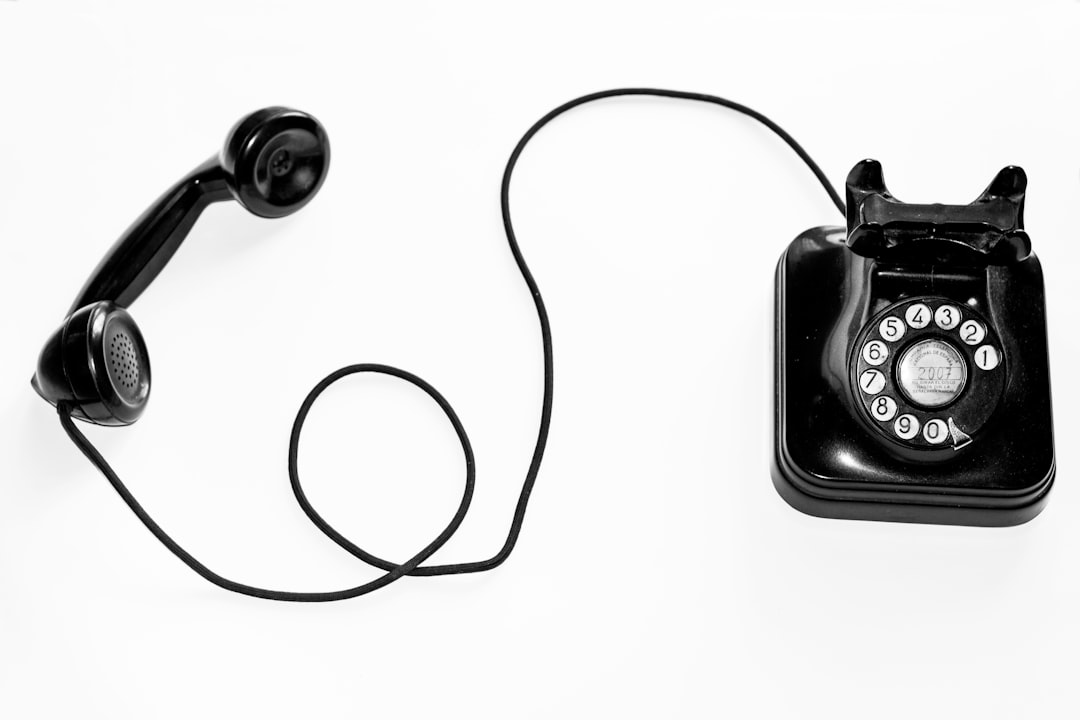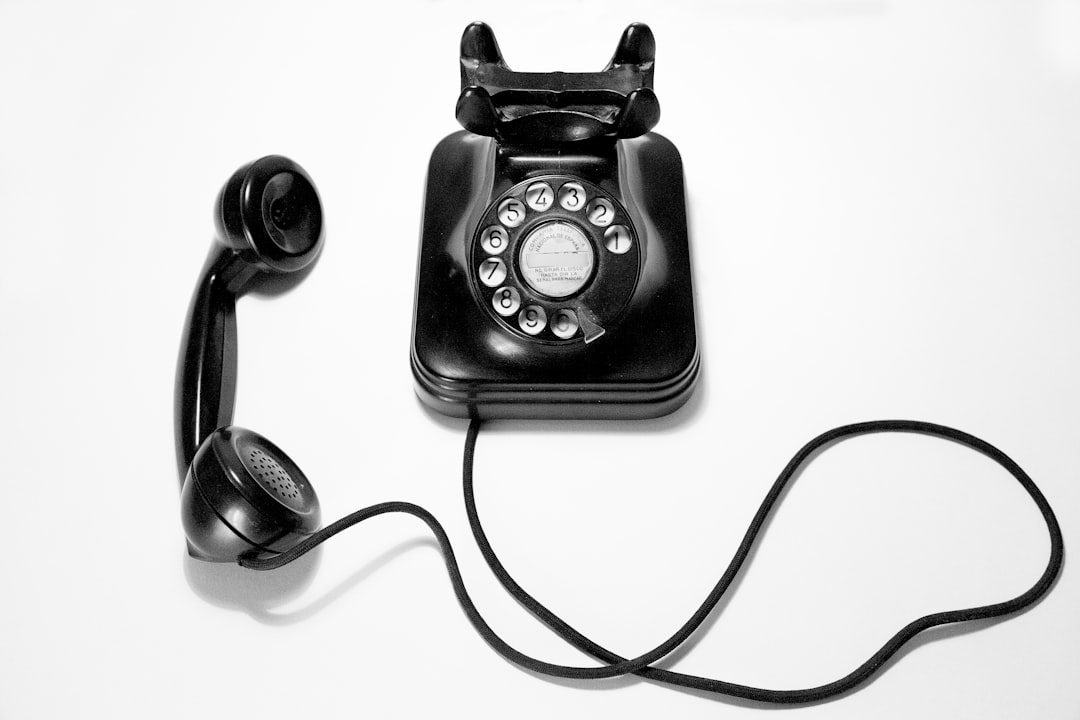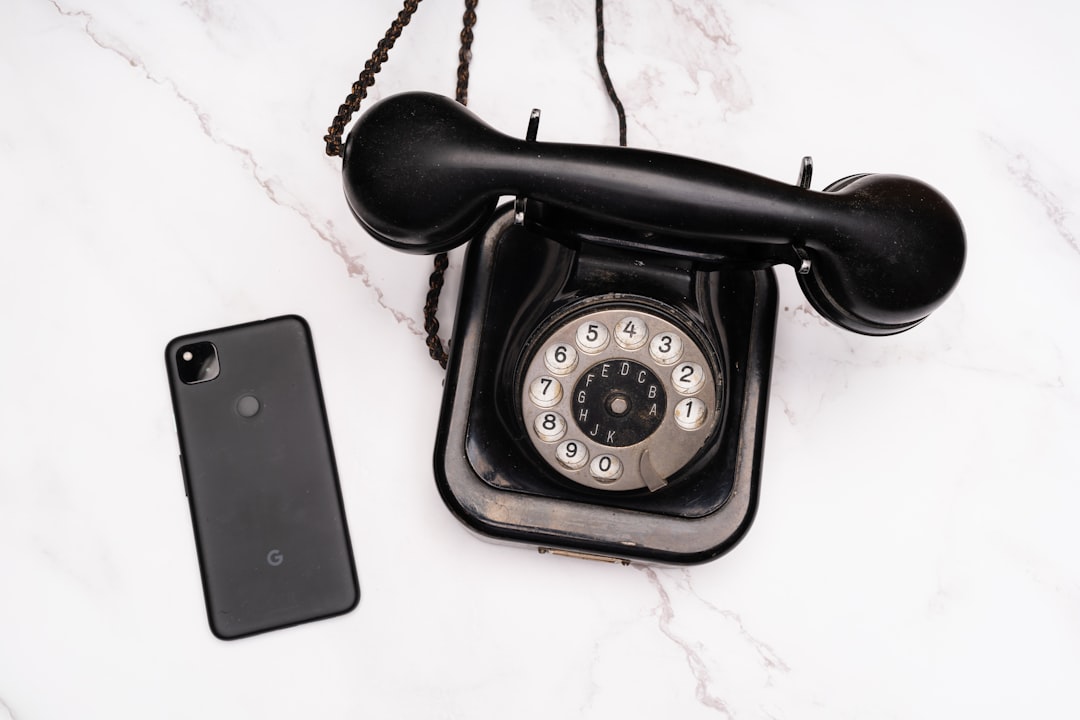In Washington D.C., strict spam call laws protect residents from robocalls targeting emergency lines. Individuals facing unwanted calls can seek legal action with the help of spam call law firms DC, who assist in evidence gathering, document incidents, and pursue damages against violators under the Telephone Consumer Protection Act (TCPA) and Consumer and Business Protection Act. Engaging specialized legal aid is crucial for successful cases involving unauthorized Automatic Dialing Systems (ADS) use.
In the digital age, unwanted robocalls to emergency lines have become a pervasive issue, leading many Washington D.C. residents to seek legal recourse. This article delves into the growing problem of spam calls targeting critical communication channels and explores DC’s legal framework under the Spam Call Law. We guide readers through the process of suing for robocalls, highlighting who can take action, required evidence, and potential outcomes, empowering residents to protect their rights with the help of local spam call law firms in DC.
Understanding Robocalls and DC's Legal Framework

Robocalls, or automated phone calls, have become a ubiquitous yet often unwanted part of modern communication. In the context of emergency lines, these automated messages can be particularly disturbing and disruptive. In Washington D.C., the issue of robocalls targeting emergency lines has led to significant legal frameworks designed to protect residents from these intrusive and spam-like calls.
The District’s laws, in line with federal regulations under the Telephone Consumer Protection Act (TCPA), strictly regulate the use of automated dialing systems and prerecorded messages. Spam call law firms in DC must adhere to strict guidelines, ensuring that calls are not made to numbers on the National Do Not Call Registry or those who have explicitly opted-out of receiving such calls. These regulations aim to safeguard the peace of mind and privacy of D.C. residents, especially when it comes to emergency contact methods.
Who Can Sue and When under Spam Call Laws

In Washington, D.C., individuals who have experienced unwanted robocalls to their emergency lines may have legal recourse under the spam call laws. Anyone who receives automated or prerecorded calls promoting goods or services can take action against the violators. These laws are designed to protect consumers from relentless and intrusive marketing tactics.
Spam call law firms in DC help individuals navigate these complex regulations. They assist clients in identifying potential violators, gathering evidence of the robocalls, and pursuing legal action for damages. If you’ve been a victim of such calls, it’s recommended to document the incidents, keep records of the calls, and reach out to a spam call law firm in DC to explore your rights and options for compensation.
Building a Case: Evidence and Requirements

Building a strong case against robocallers who target emergency lines is crucial under DC’s strict spam call laws. To succeed, individuals or law firms representing affected parties must gather compelling evidence. This includes recording and preserving any automated calls received, detailing the timing and frequency of such calls, and providing information on the caller’s identity if available. Demonstrating that these calls caused distress, disrupted essential services, or led to financial harm is key.
Under DC’s Consumer and Business Protection Act, several requirements must be met. Plaintiffs should be able to prove that the defendant placed automated calls using an Automatic Dialing System (ADS) without prior express consent. They must also show that these calls were made to emergency phone numbers or resulted in damage, including emotional distress or unreasonable disruption of daily activities. Such evidence can come from call logs, caller ID records, and testimonies describing the impact of the robocalls.
The Process: Filing, Trials, and Potential Rewards

When filing a lawsuit against robocallers who target emergency lines under the DC spam call law, individuals or legal aid organizations first need to gather evidence, including recordings and documentation of the calls. This information is crucial when presenting a case before a judge. The process involves filling out legal paperwork outlining the claim, which can be complex due to the specific nature of robocalls. A lawyer specializing in telecommunications law in DC will guide clients through this step, ensuring all requirements are met.
Trials for such cases can vary in duration but often involve presenting evidence and testimonies to prove that the calls were unauthorized and violated consumer rights. If successful, plaintiffs may receive substantial monetary rewards as compensation for their troubles. These damages can serve as a deterrent to potential violators of DC’s spam call law, demonstrating the real consequences of harassing phone calls targeting emergency lines.
